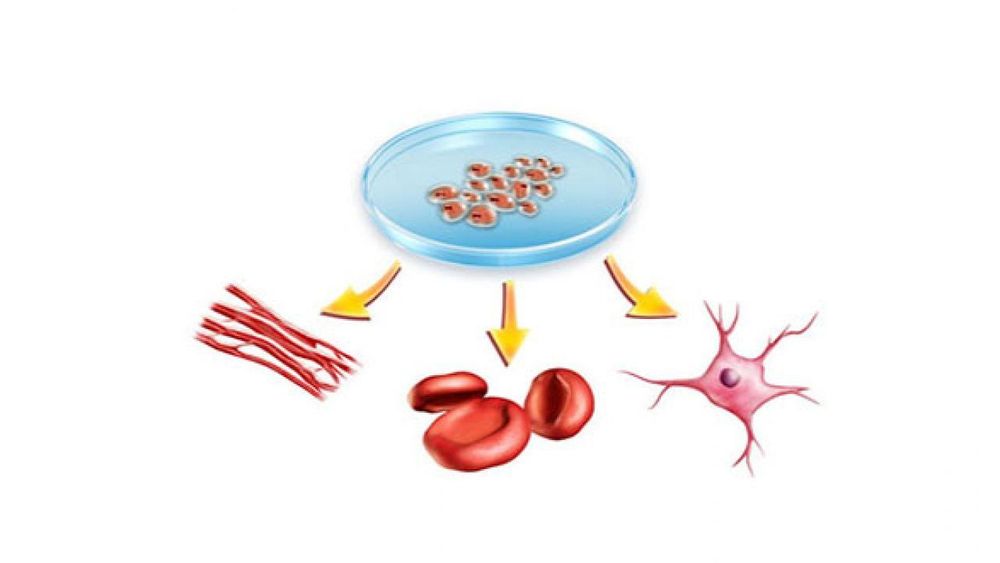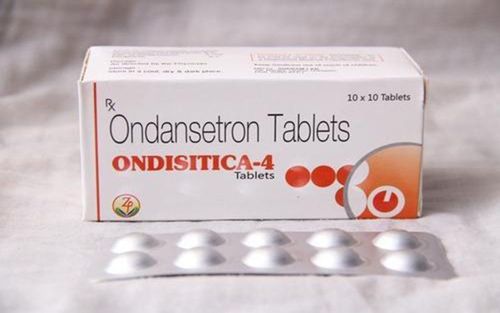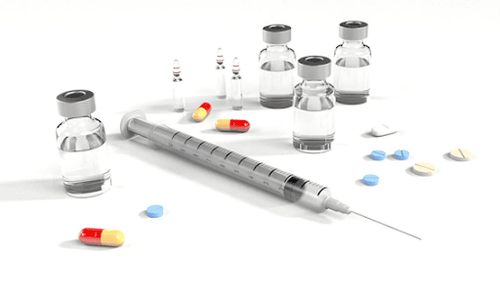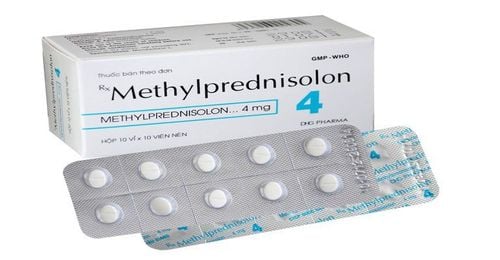This is an automatically translated article.
Human life begins with a single cell. Thousands of cells will form tissues and organs. Each cell that covers the nucleus contains the genetic machinery including chromosomes containing thousands of genes that guide growth, activity, division, and help your body stay healthy and grow. But cell replication is like a complicated dance. When a DNA is damaged, cell division can go off-track. At this point mutations appear and will mostly be overcome by the repair system itself. But when they accumulate enough, they will take control, causing cells to divide out of control. The way for cancer cells has been cleared. Master, Resident Doctor Phan Truc, Doctor of Oncology - Hematology, Vinmec Times City General Hospital will explain to you how cancer develops in our body through the following video?Video content is professionally consulted by Master, Resident Doctor Phan Truc, Oncologist - Hematology, Vinmec Times City International Hospital
1. Cells in our body
When genes are working properly, they tell cells when it's time to grow and divide. The cell will multiply exponentially from 1 original cell to 2 identical daughter cells, then 2 to 4, and the number just keeps growing. After undergoing a number of divisions, cells gradually differentiate to form different tissues/organs, lose the ability to divide and then die according to a set schedule. The creation and death of cells in the body is kept at a stable rate, ensuring the healthy development of the body.But cancer cells are different. Over time, long-term exposure to environmental factors such as cigarette smoke, alcohol or ultraviolet (UV) radiation from the sun, ... on the basis of each individual's genome that leads to generate “errors” in the gene transcription process. This turns the affected cells into malignant cells with the characteristic of unlimited proliferation and loss of the ability to die by the established program. Theoretically, all cells with the ability to divide are at risk of carcinogenesis.
Genes mutate like an invader to control and deflect normal instructions and cause cells to grow abnormally and out of control. This is an extremely brave enemy in the body. They can evade the immune systems and ignore requests to stop dividing or die. At the same time, these abnormal cells can acquire "super-special" characteristics by breaking away from their original location, living independently, and moving around in the body.
When cancer cells divide, a tumor grows and grows. Cancer cells have the same needs as normal cells. When they are young, they will take oxygen and nutrients from the surrounding blood vessels to survive and grow.
But as a tumor matures, it needs more blood to deliver oxygen and other nutrients. So the cancer cells send a signal to a tumor to make new blood vessels. This is called angiogenesis and is one of the causes of tumors to grow and get larger. This activity also allows cancer cells to enter the bloodstream and spread more easily to other parts of the body.

2. How does cancer develop in the body?
Cancer cells invade and assimilate enemies around them by drawing normal cells closer to the tumor and generating signals that disrupt normal cells and tissues. Cancer can also spread from where it was born to other parts of the body. This process is called metastasis. Cancer cells can metastasize when they break away from the tumor and travel to a new location in the body through the blood or lymphatic system.If the tumor is at an early stage, growing locally, surgical intervention or radiation therapy may be the optimal choice with the expectation of cure. But once cancer cells expand and occupy all the way like blood cancer, taking drugs (chemotherapy, immunotherapy, targeting, ..) is almost the foundation for control. Radiation and chemotherapy are ways of shredding the DNA of cells or disrupting their replication function. Many drugs act on the mitotic cycle, so rapidly proliferating tumors also have a better chance of responding to drugs.
Because it is not specific for malignancy, rapidly proliferating body tissues will also be affected by these treatments. Typical can be mentioned are skin, oral mucosa, gastrointestinal tract, hair with manifestations of hair loss, mouth ulcers, diarrhea...
Please dial HOTLINE for more information or register for an appointment HERE. Download MyVinmec app to make appointments faster and to manage your bookings easily.














